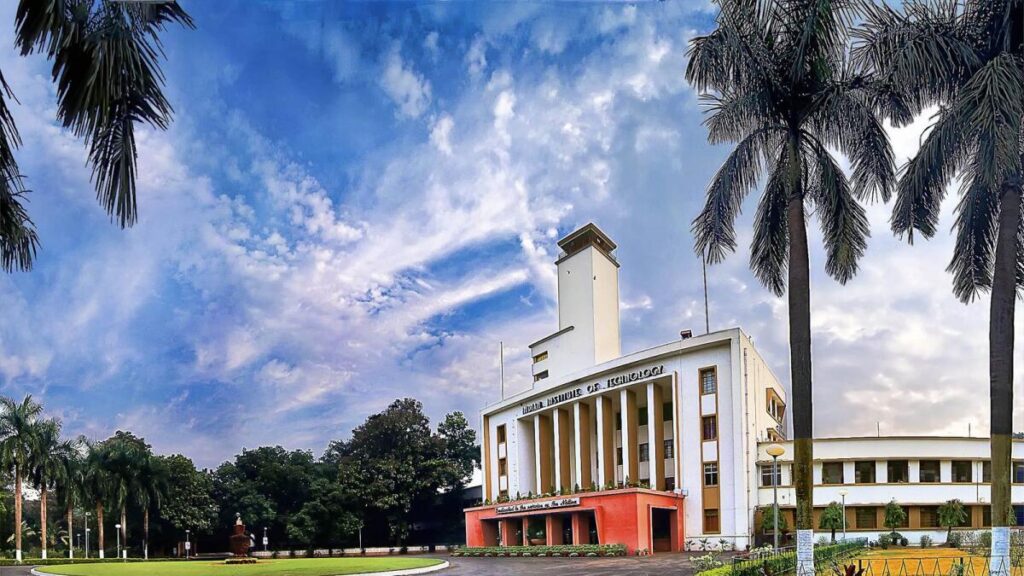Dr. Fakira Mohan Nahak
The Government of India is encouraging foreign universities to open campus in India. This is a step towards the internationalization of higher education. In India, the term “Internationalization of Higher Education” refers to the process of improving the international student appeal and competitiveness of Indian universities. This may entail initiatives to raise the standard of both teaching and research, as well as the formation of alliances and partnerships with universities and organisations abroad. Through programmes like the Study in India programme, the Indian government has also been trying to expand the number of foreign students who come to study there. In order to offer joint degree programmes, numerous Indian universities have also constructed international campuses or engaged into partnerships with foreign universities.

As India strives to become a global leader in education and research, the internationalization of higher education there has gained importance in recent years. Making Indian universities more competitive internationally and appealing to international students is a part of the internationalization process. This may entail initiatives to raise the standard of both teaching and research, as well as the formation of alliances and partnerships with universities and organisations abroad.

The Study in India programme is one of the main initiatives the Indian government is supporting to internationalize higher education. This project, which was started in 2018, intends to increase the number of foreign students who choose to study in India by providing them with scholarships and other benefits. The programme also strives to promote the nation as a desirable location for higher education by showcasing its diverse population, rich culture, and long history.
The creation of international campuses or partnerships with foreign universities is a significant feature of India’s higher education system’s internationalization. For instance, there are some Indian higher education institutions that have campuses abroad, including the Indian Institute of Technology (IIT) in Dubai, which provides undergraduate and graduate engineering and technology programmes. Many Indian universities have also partnered with foreign universities to offer joint degree programmes, as seen with the Indian Institute of Management (IIM) and Northwestern University’s Kellogg School of Management.

Enhancing the caliber of teaching and research is part of India’s efforts to internationalize higher education. This can involve giving professors and staff more resources and training, as well as boosting the proportion of foreign faculty and students. In order to conduct collaborative research and exchange ideas, numerous Indian universities have partnered with foreign organizations and research institutions. For instance, Chandigarh University in Punjab is unique in that it has connections and international cooperation with more than 420 universities worldwide. On this campus, there are students studying from more than 56 different nations. Students from Chandigarh University also participate in internship and semester exchange programmes in foreign universities.

However, there are unique difficulties in India’s approach of internationalizing higher education. The absence of a reliable infrastructure and facilities to accommodate the surge of overseas students is one of the main problems. Additionally, many institutions in India lack the funding essential to offer basic support services like housing and transportation. It may also be challenging for some overseas students to adjust to Indian culture and language, which can complicate their adjustment to studying in India.
The goal of India’s on-going process of internationalizing higher education is to make Indian universities more competitive and alluring to foreign students. Through programmes like the Study in India programme, the Indian government has been trying to expand the number of foreign students who come to study there. In order to offer joint degree programmes, numerous Indian universities have also constructed international campuses or engaged into partnerships with foreign universities. To make the process of internationalization more effective, however, there are some issues that must also be resolved.
Internationalizing India’s higher education system includes encouraging foreign universities to establish branches here. The Indian government and educational institutions can encourage foreign universities to develop a presence in India in a number of different ways.
Government actions and programmes are one method. By providing tax exemptions, subsidies, and other financial incentives, the Indian government can foster an atmosphere where international colleges are treated favourably in terms of policy. The government might also finance the establishment of new colleges and research institutes and promote the growth of research partnerships between Indian and foreign universities.
Another approach is to foster a welcome and helpful environment for international universities. Universities in India can collaborate and build alliances with international organizations, opening doors for joint research projects, student exchange programmes, and other forms of cooperation. To make foreign students more at home in India, Indian colleges can also offer support services including housing, transportation, and language lessons.
The Indian government can also establish legal conditions that encourage foreign colleges to establish branches there. This can involve removing administrative roadblocks and red tape from the licensing and permit application procedure. The government can also provide the legislative structure required to give international universities the safeguards and protections they need to operate in India.
Another method is to highlight India’s advantages as a destination for higher education. India may be a fantastic place for international students to develop an international perspective and exposure to many cultures because of its rich cultural legacy and diversified student population. Additionally, India has a vast market and a developing need for qualified workers, making it a quickly expanding economy that might be a significant appeal for foreign universities.
(Dr. Fakira Mohan Nahak is a writer and former media professional. He is currently working as the Head of the Department of ‘University Institute of Media Studies’, Chandigarh University, at Mohali, Punjab. Views are Personal)




























